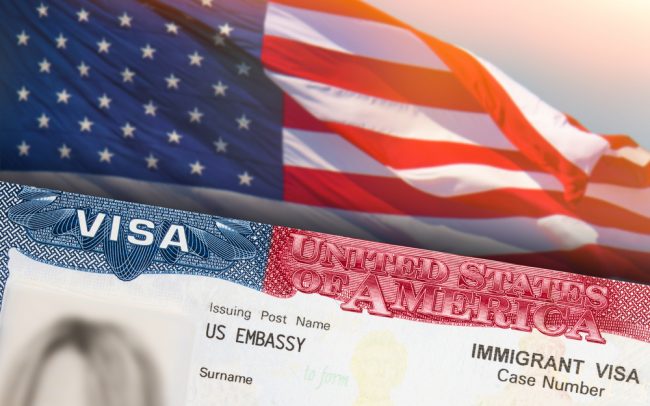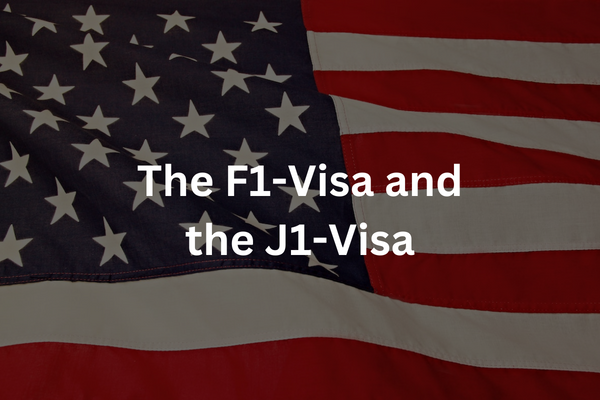Generally, a citizen of a foreign country who wishes to enter the United States must first obtain a visa, either a nonimmigrant visa for temporary stay, or an immigrant visa for permanent residence. Exchange visitor (J) visas are non-immigrant visas for individuals approved to participate in exchange visitor programs in the United States (interns, trainees etc.)
Unlike an H1-B visa, the applicant for a J1-visa is provided the visa given that he/she is a foreign national going to the States to exchange opportunities in research as well as to access cultural and general educational programs. However, there are several things that the applicants and sponsors should be aware of for the J1-visa.
Listed are the pros of the J1-Visa
Salary and Scholarships:
Most J1-visa programs come with scholarships and salaries, so you can get paid while working on a field related to your studies, sponsored by various institutions.
Status duration
Most J-visas last significantly longer than many other temporary visas. Interns and Trainees are generally issued visas for the duration of their program (3-18 months) including several months of paid practical training.
Emergency extensions for J1-visa
In case of emergency (accidents, serious illness), you can be excused from your stay limitation for a period of time.
Personal and Professional development
With the J1-visa, you will be able to jump-start your professional career by adding bonus points to your resume. It will also help in your personal growth as you will need to adapt to a newer environment, be independent and further develop your logical and analytical skills.
Better Career Prospects
When returning back home, you will have a foundation of professional knowledge that will help you to progress in your field.
Listed are the cons for the J1-visa
Salary:
J1-visa programs are approved by the Department of State, so your salary may be different from your colleagues in the same job. Your salary will depend on your program, length of that program, your host company including other factors.
Work outside your company:
The J visa application process includes showing that you have the money to support yourself. You will need to either seek your sponsoring program’s approval before submitting to USCIS for a work permit if you want to accept work outside of your program to further extend your income.
Home Residency requirement:
If your visa contains a 2-year home residency requirement, you MUST return home when it expires for 2 years (or obtain a waiver) before applying for a new visa in the United States.






